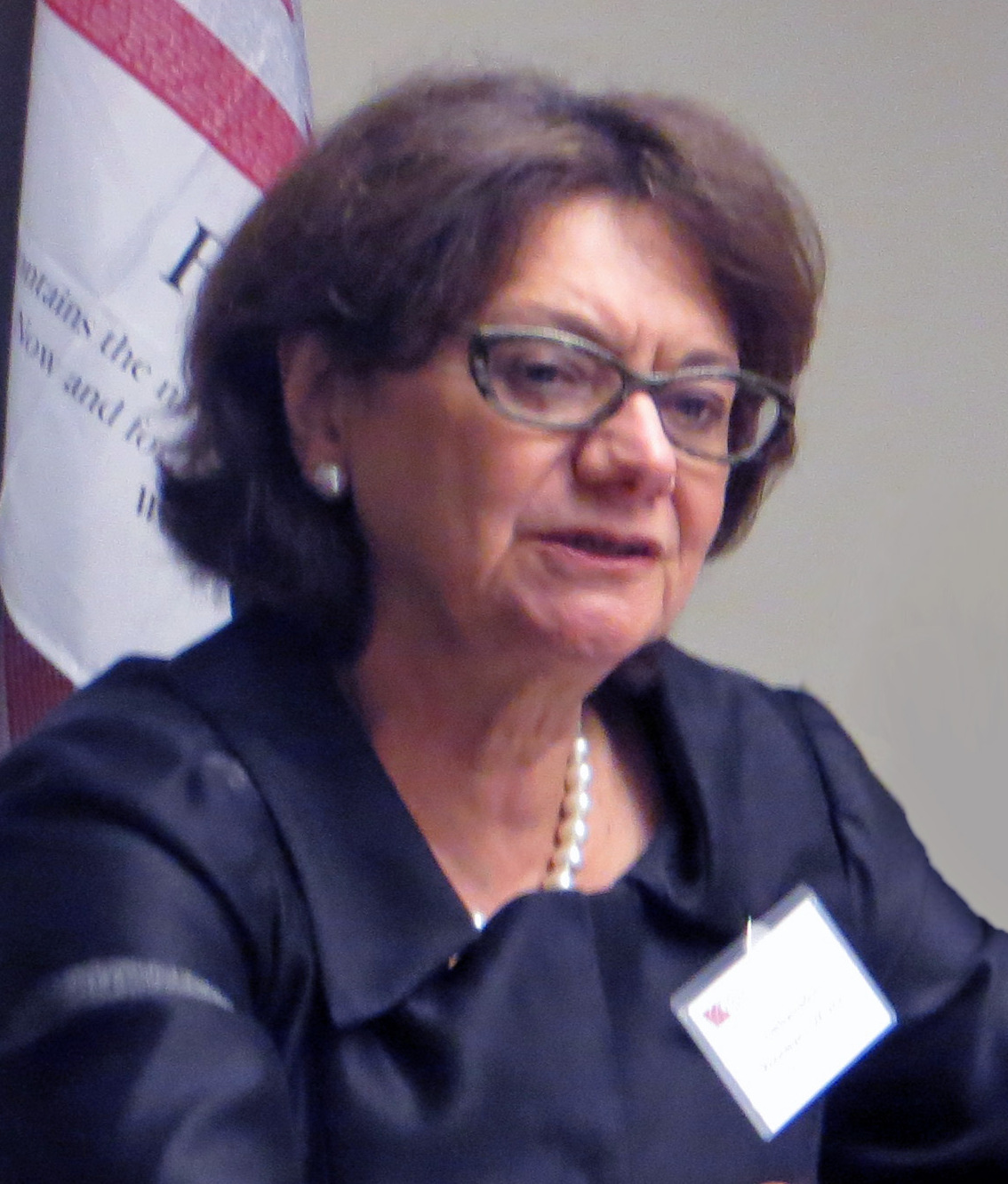An Update on Syria
Ambassador Rosemary DiCarlo, US Deputy Permanent Representative to the UN
Photos

New York, NY—On June 7, 2013, Ambassador Rosemary DiCarlo, US Deputy Permanent Representative to the United Nations, addressed WFPG in a UN Briefing on the situation in Syria. Ambassador DiCarlo discussed the continued fighting within Syria and along the Syrian-Israeli border, described the humanitarian emergency, and provided an update on the latest diplomatic and political efforts to resolve the crisis. The conversation was moderated by WFPG President Patricia Ellis and co-sponsored by the Institute of International Education.
DiCarlo emphasized the particular value of the UN as an impartial arbiter in working with American and Russian facilitators to bring Syrian parties to the negotiating table. The UN has played a similar role in other transitions in the region. In Libya, its political mission is helping to build the representative institutions that will provide a solid foundation for the country’s post-Qaddafi democratic future. In Yemen, UN representatives have helped to supervise the implementation of a National Dialogue to promote reconciliation under a new constitution in the aftermath of 2011’s civil unrest.
DiCarlo outlined the UN’s plans for the upcoming “Geneva II” talks on Syria. In negotiations to be attended by UN Secretary General Ban Ki-moon and mediated by the UN’s Lakhdar Brahimi, key members of the international community hope to facilitate agreement between the government and the opposition on the creation of a transitional governing body vested, by the mutual consent of the parties, with full executive powers and designed to be broadly representative and inclusive of all Syrians. DiCarlo acknowledged that many obstacles remain before the talks can begin. She noted that UN diplomats are working with the Syrian opposition to build an effective, representative delegation, so that a sustainable political solution to the crisis can be reached as soon as possible.
On the situation along the Syrian-Israeli border, DiCarlo discussed the recent skirmishes which have endangered the safety of lightly armed UN peacekeeping troops. She emphasized the importance of proceeding to negotiations in time to prevent the spread of conflict throughout the broader region and particularly into Lebanon, where the militant political faction Hezbollah has chosen to align itself with the Syrian regime. Any UN-facilitated talks must incorporate key regional players such as Jordan and Turkey. DiCarlo emphasized that all players will need to engage productively and in good faith with the fundamental principles of the Geneva II process.
DiCarlo also highlighted the UN’s humanitarian efforts in Syria. Since the beginning of the conflict, UN agencies have provided critical support to the wounded, the hungry, and the displaced. As casualty numbers rise, the organization’s diplomats continue to work to overcome the regime’s strict restrictions on humanitarian access, both across borders and across battle lines. The humanitarian needs are immense and growing. DiCarlo noted that, if violence continues at current levels, half the Syrian population could be displaced by the end of 2013. Time is of the essence, for ordinary Syrians as well as for their leaders: a negotiated political transition, DiCarlo stressed, should be the international community’s very highest priority in Syria.